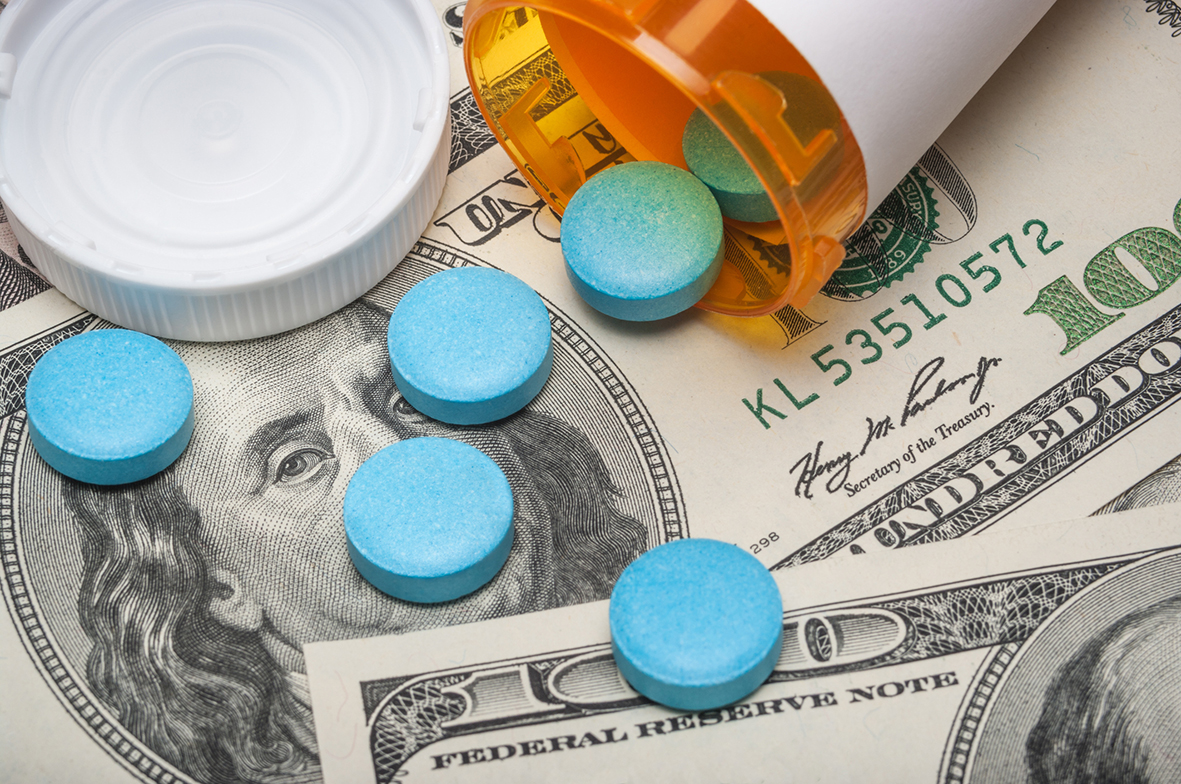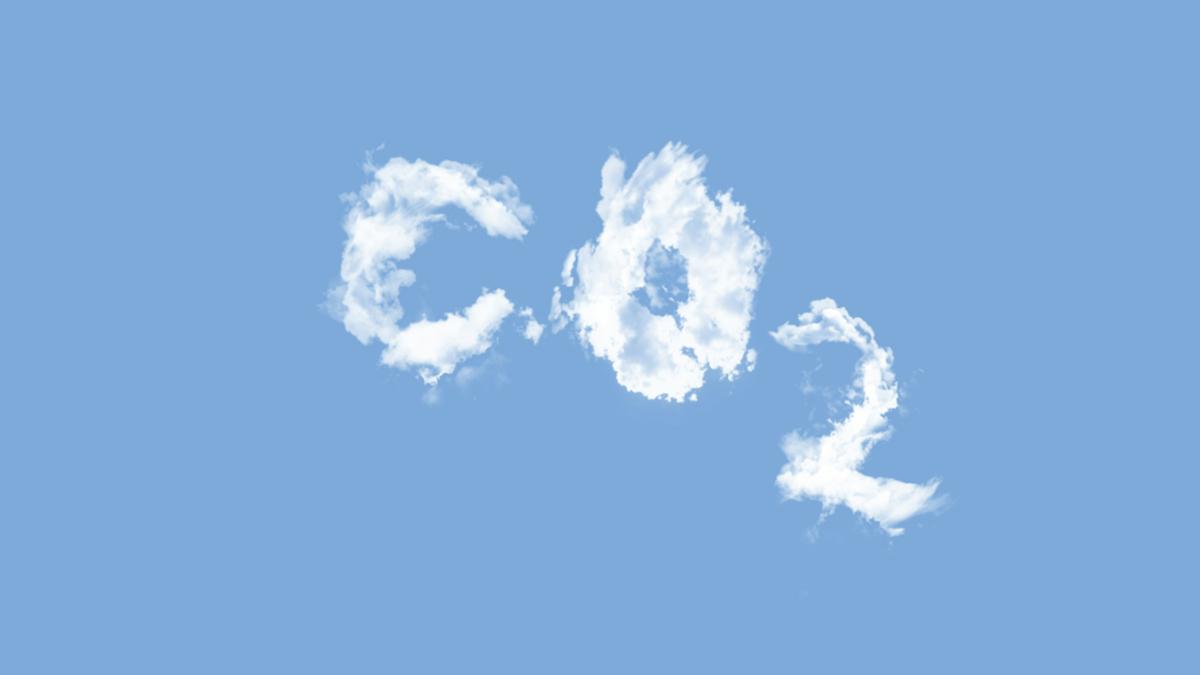US blood pressure drug price doubles following shortages

Prices of the generic blood pressure drug valsartan rose more than any other in the US following a recall of much of the drug’s supply, according to press reports.
The Chinese ingredient manufacturer Zhejiang Huahai Pharmaceuticals recalled valsartan in July after finding traces of a probable carcinogen.
Since then the generic version of Novartis’ Diovan has been in shortage, according to the FDA.
Reuters cited data from the National Average Drug Acquisition Cost (NADAC) survey last month, which showed prices for 160 milligram and 80 milligram tablets more than doubled last month compared with August.
The price of a 160 mg valsartan tablet rose to around 31 cents from 14 cents a month earlier, according to the survey. An 80 mg tablet cost around 20 cents on average in September, up from around 9 cents a month earlier.
The average cost of a 40 mg tablet rose around 47% in the month to about 19 cents.
But it is not clear which manufacturers have increased their prices. Companies still selling versions of the drug include Alembic Pharmaceuticals, Jubilant Pharma, and Mylan.
There have been similar cases before – Reuters cited a surge in pricing for hydroxychloroquine that began in late 2014 after India’s Ranbaxy hit problems with regulators.
While manufacturers of novel drugs are often blamed for hiking the price of drugs incrementally each year, the episode also demonstrates how prices of generics can fluctuate as a result of supply and demand changes.
Some of the highest US drug price rises in recent years were caused when only one company was supplying a drug for a particular indication.
This notoriously allowed Turing Pharmaceuticals, then headed by CEO Martin Shkreli, to hike the price of toxoplasmosis treatment Daraprim from $13.50 per pill to $750 per pill in 2015.
Mylan also came under attack around the same time for the price of its anaphylactic shock injection EpiPen, which also did not have competition.












